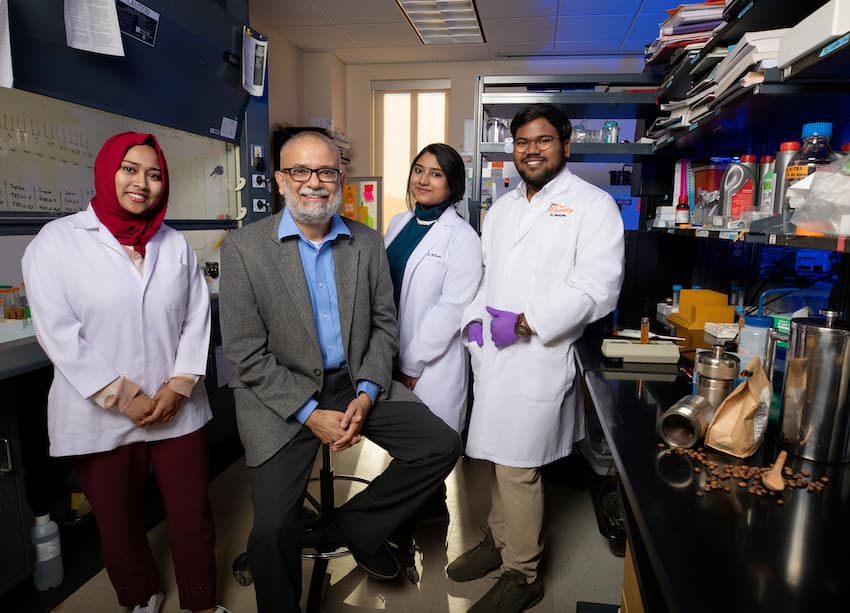Scientists from The University of Texas may have found a way to help prevent diseases that affect the brain, like Alzheimer’s and Parkinson’s.
These diseases impact a lot of people in the United States and cost a huge amount of money for their care.
The researchers, led by Jyotish Kumar, a student, and Mahesh Narayan, a professor, discovered that used coffee grounds could be the key. These grounds, which people throw away every day, might contain something helpful for our brains.
They found that Carbon Quantum Dots (CACQDs), made from coffee grounds, could protect brain cells from damage caused by diseases like Alzheimer’s and Parkinson’s. This is important because current treatments only manage the symptoms; they don’t cure the diseases. The goal is to find a cure by understanding the tiny particles that cause these diseases.
Neurodegenerative diseases harm the brain by making people lose brain cells. This affects basic functions like movement and speech, as well as more complicated tasks. These diseases often start because of lifestyle or environmental factors.
The researchers believe that CACQDs could be a solution. In their experiments, these dots were able to remove harmful molecules and prevent them from causing damage. They also stopped the build-up of proteins that can harm the brain.
The team thinks that using CACQDs in the early stages of diseases like Alzheimer’s or Parkinson’s could be effective. It’s crucial to address these diseases early because once they become severe, it might be too late for current treatments to work.
Caffeic acid, found in coffee, is a special compound that can go into the brain and protect cells. The researchers use a “green chemistry” method to extract CACQDs from used coffee grounds, making it environmentally friendly. They cook the coffee grounds at 200 degrees for four hours to create CACQDs.
This research was supported by a grant from the National Institutes of Health. Many students have worked on this project, and the researchers will seek more funding for further testing. While the finish line is still far away, the scientists hope that their work will lead to a medication, like a pill, that can prevent most brain diseases caused by factors other than genetics.

